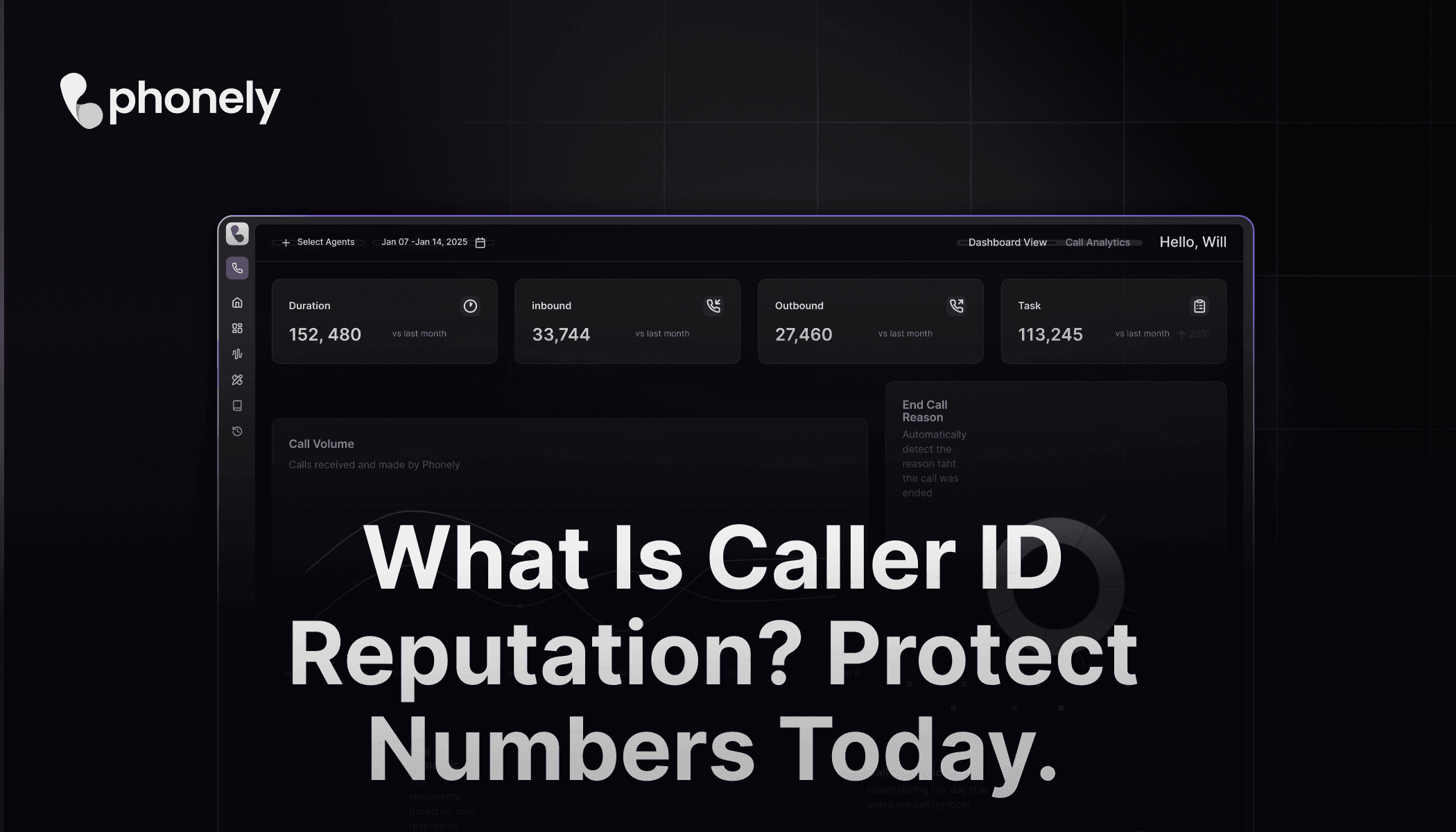May 14, 2024
The integration of Artificial Intelligence and advanced AI systems into healthcare has transformed healthcare data management and patient care workflows, offering unprecedented capabilities in data management, patient interaction, and operational efficiency.
However AI phone agents in healthcare has also raised significant concerns regarding compliance with the Health Insurance Portability and Accountability Act (HIPAA). This report delves into the challenges and solutions for ensuring that AI phone agents adhere to HIPAA regulations, safeguarding patient privacy and data security.
The HIPAA Compliance Landscape
HIPAA, established in 1996, sets the standard for protecting sensitive patient data and health information, requiring every HIPAA covered entity to comply with its rules in the United States. Any healthcare providers or business associates that handle protected health information or sensitive health data must maintain strict compliance, ensuring that all the required physical, network, and process security measures are in place and followed.
The advent of AI in healthcare has necessitated a re-examination of these measures to address the unique challenges posed by AI technologies.
AI Phone Agents and Patient Data Protection
AI phone agents and AI assistants now manage patient communication, appointments and the secure handling of patient and sensitive data. Ensuring these agents operate as HIPAA compliant AI requires following all HIPAA requirements for data protection. First, AI phone agents must be capable of securing PHI, both in transit and at rest (American Institute of Healthcare Compliance). This includes implementing data encryption and other security protocols to prevent unauthorized access.
In 2024, Phonely AI announced that its AI platform was HIPAA-compliant, capable of entering into a Business Associate Agreement with healthcare customers, demonstrating a commitment to protecting the integrity of PHI. This compliance is a significant milestone, as it demonstrates that AI platforms can indeed align with HIPAA's stringent requirements.
Addressing the AI Privacy Concerns
Despite industry efforts, some argue that AI chat tools and AI phone agents cannot comply with HIPAA privacy requirements, due to the evolving privacy risks in healthcare, citing that HIPAA itself is outdated and inadequate for addressing AI-related privacy concerns. This perspective suggests that novel legal and ethical frameworks are needed to keep pace with technological advancements. Source:(Harvard Law School)
Nonetheless, healthcare AI can significantly enhance practices while raising potential HIPAA violations (Tebra). Thus, it is crucial to ensure that training data for AI models does not expose sensitive health information or PHI, thereby mitigating the risk of perpetuating biases and ensuring privacy.
Legal Considerations for AI in Healthcare
When deploying AI phone agents, healthcare providers must carefully analyze the specific situation to ensure HIPAA compliance.
For instance, when using a limited data set, AI must comply with HIPAA. If disclosing this data, the disclosure must follow a compliant data use agreement (AI in Healthcare). This ensures appropriate disclosure of protected health information through technology.
Challenges and Future Directions
The use of large language models (LLMs) in chatbots, which are becoming increasingly popular in healthcare, further complicates HIPAA compliance.
Chatbots can offer efficient solutions to repetitive tasks that contribute to clinician burnout, but they must do so without compromising patient privacy (JAMA).
The healthcare industry must navigate the fine line between leveraging AI's benefits and adhering to privacy regulations.
As AI continues to evolve, there will be an ongoing need for updated regulations and ethical guidelines that address the nuances of AI interactions with PHI.
Conclusion
In conclusion, AI phone agents hold the capability to revolutionize healthcare when deployed with care to ensure HIPAA compliance. While platforms such as Phonely have already achieved compliance, the industry must continue to work towards comprehensive solutions that address the dynamic nature of AI and the evolving landscape of healthcare data privacy.
Want to learn more about Voice AI?
Jared
Engineering @ Phonely












